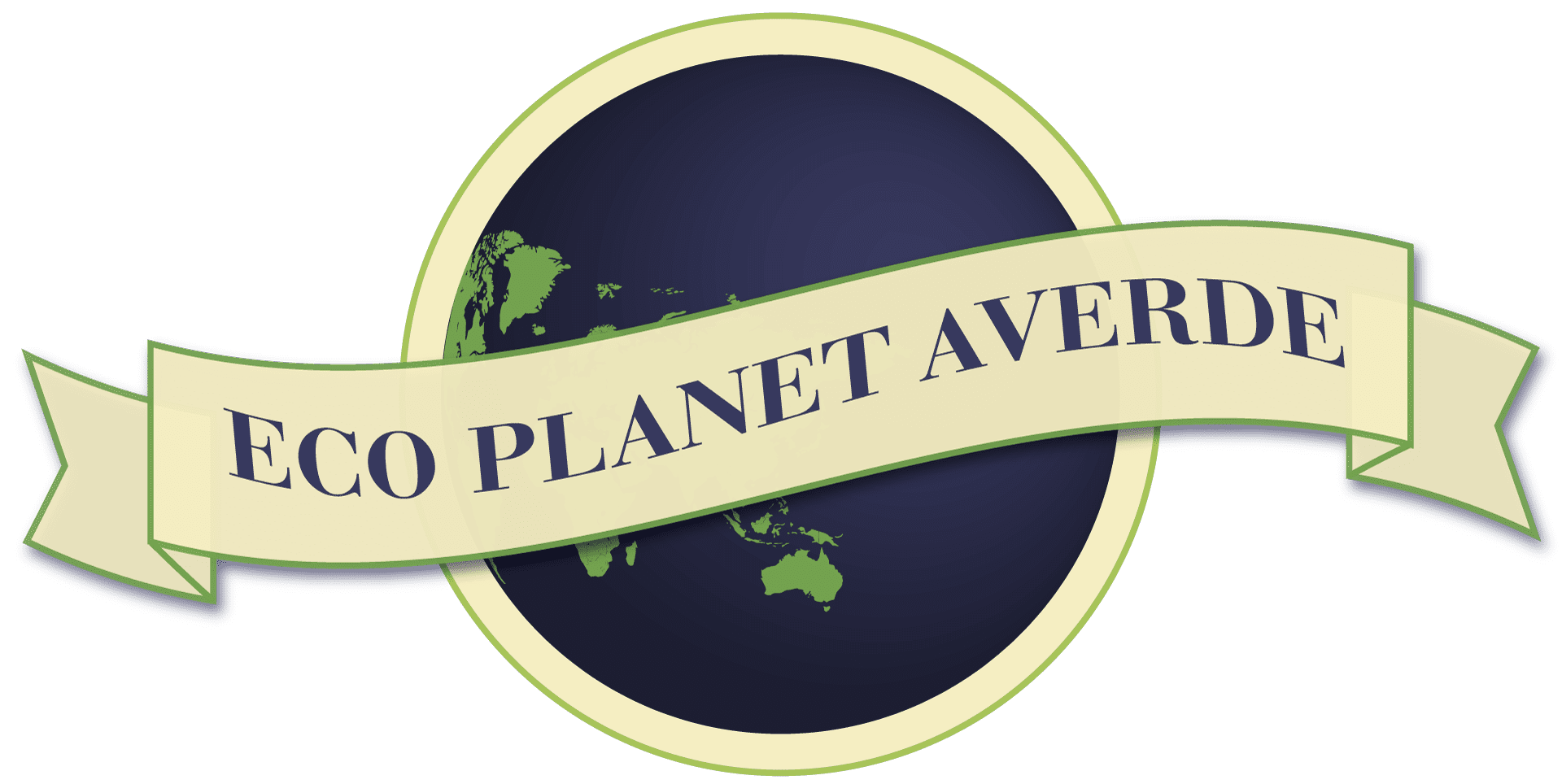Embracing a low waste lifestyle is no longer a niche pursuit, but a necessary step towards mitigating the devastating impact of human activity on the environment. By making simple changes to our daily habits and consumer choices, we can significantly reduce our ecological footprint and contribute to a more sustainable future. For many, the concept of a low waste lifestyle may seem daunting, but the truth is that it’s achievable through a combination of education, awareness, and intentional decision-making. In this article, we’ll explore the basics of a low waste lifestyle, provide practical tips and strategies for reducing waste in everyday life, and offer guidance on how to cultivate a mindset that prioritizes sustainability.
What Is a Low Waste Lifestyle?
A zero-waste lifestyle is a commitment to reduce, reuse, and recycle in such a way that nothing ends up in landfills or incinerators.
This approach goes beyond the simple act of recycling and involves conscious decisions to minimize waste production in daily life.
By adopting a zero-waste lifestyle, individuals can significantly contribute to reducing greenhouse gas emissions and improving public health.
Learn more about the benefits of a zero-waste lifestyle
Definition and Importance of Living a Low Waste Lifestyle
To understand the significance of a low waste lifestyle, let’s first define it:
A zero-waste lifestyle is a way of living that minimizes waste production and maximizes resource efficiency.
By adopting this lifestyle, individuals can significantly reduce their environmental footprint and contribute to a more sustainable future.
For instance, according to the United Nations Environment Programme, adopting a zero-waste lifestyle can help reduce global waste output by up to 50%.
Discover how Eco Planeta Verde can support your transition to a zero-waste lifestyle
Understanding the Impact of Consumerism on the Environment
Consumerism plays a significant role in shaping our relationship with waste and the environment.
The fast fashion industry, for example, contributes to massive amounts of textile waste, with many garments ending up in landfills or incinerators.
Similarly, single-use plastics have become a major concern, with millions of tons of plastic waste entering our oceans every year.
By becoming more mindful of our consumption habits and making conscious choices, we can significantly reduce our environmental impact.
Read more about the impact of fast fashion on the environment
What Is a Low Waste Lifestyle?
A low waste lifestyle refers to a way of living where individuals strive to minimize their impact on the environment by reducing, reusing, and recycling waste.
Definition and Importance of Living a Low Waste Lifestyle
Living a low waste lifestyle involves making conscious choices about the products we use, the way we consume goods, and the waste we generate.
According to Eco Planeta Verde, a platform dedicated to sustainable living, adopting a low waste lifestyle has numerous benefits for the environment, including reducing greenhouse gas emissions, conserving natural resources, and mitigating climate change.
Learn more about the benefits of a low waste lifestyle
Understanding the Impact of Consumerism on the Environment
Consumerism plays a significant role in contributing to waste and pollution, particularly through the production and disposal of single-use plastics, fast fashion, and other disposable products.
The effects of fast fashion on the environment are alarming, with the textile industry accounting for around 10% of global greenhouse gas emissions.
Read more about the impact of fast fashion on the environment
Discover sustainable fashion tips
Zero Waste Lifestyle Basics
A zero waste lifestyle is a holistic approach to living that aims to eliminate waste altogether, rather than just reducing it.
Getting started with a zero waste lifestyle requires a willingness to challenge our daily habits and make changes to our consumption patterns.
Learn how to adopt a zero waste lifestyle
Essential Tools and Resources for Zero Waste Living
There are several essential tools and resources available to help individuals transition to a zero waste lifestyle.
Some popular options include reusable bags, beeswax wraps, and stainless steel water bottles.
Check out reusable bag options
Explore zero waste products
Zero Waste Lifestyle Basics
Eco Planeta Verde offers valuable resources and practical tips on sustainable living, helping individuals adopt greener habits and make mindful decisions for a more sustainable future.
Getting Started with Zero Waste Living
To begin leading a zero waste lifestyle, start by assessing your daily habits and identifying areas where you can make changes. Begin by eliminating single-use items such as plastic bags, straws, and water bottles, and opt for reusable alternatives instead. For instance, visit websites like The Guardian’s Sustainable Living Section for inspiration and guidance on reducing waste.
Essential Tools and Resources for Zero Waste Living
Some essential tools and resources for zero waste living include trash journals or mobile apps to monitor your trash output, local recycling guidelines, and thrift stores for repurposing household items. Utilize online platforms like Zero Waste Home for creative ideas and tips on minimizing waste.
Reducing Waste in Everyday Life
Simple changes to your daily routine can have a significant impact on reducing waste. For example, buy fresh foods in bulk, plan meals in advance, and avoid buying single-serving portions. You can also reduce electronic waste by using rechargeable batteries and purchasing energy-efficient appliances.
Strategies for Reducing Food Waste
There are several ways to reduce food waste at home. Some strategies include meal planning, using up leftovers, and storing food properly. Visit websites like EPA’s Green Living Tips for more information on reducing food waste and saving money.
Sustainable Living Practices
A zero waste lifestyle requires a combination of simple changes and mindful consumption. One approach is to adopt a minimalist mindset, simplifying your space and reducing clutter. Another strategy is to engage in mindful consumption, considering the environmental impact of your purchases.
Minimalism and Simplifying Your Space
Living a zero waste lifestyle often involves embracing minimalism and simplifying your space. By reducing clutter and focusing on what’s truly necessary, you can minimize waste and live more sustainably. Learn more about minimalism and its benefits for mental health through articles on Minimalism.com.
Mindful Consumption and Buying Habits
Another key aspect of a zero waste lifestyle is mindful consumption and buying habits. By considering the environmental impact of your purchases, you can make more informed choices and reduce waste. Explore the world of sustainable shopping through articles on Greenpeace’s Sustainable Shopping Guide.
What Is a Low Waste Lifestyle?
A low waste lifestyle refers to a conscious effort to minimize one’s environmental footprint by adopting habits and practices that reduce waste and promote sustainability.
Definition and Importance of Living a Low Waste Lifestyle
A low waste lifestyle involves making intentional choices to reduce, reuse, and recycle, resulting in a significant reduction in greenhouse gas emissions and waste generation.
According to a study published in the Journal of Cleaner Production, individuals who adopt zero-waste lifestyles experience substantial reductions in greenhouse gas emissions and waste generation.
This shift towards a low waste lifestyle has numerous benefits, including reduced pollution, conservation of natural resources, and a healthier environment.
Eco Planeta Verde offers valuable resources and practical tips on sustainable living, helping individuals embark on their own low waste journey.
Understanding the Impact of Consumerism on the Environment
Consumerism plays a significant role in contributing to waste and pollution, with fast fashion and single-use plastics being two major culprits.
Fast fashion, in particular, has devastating consequences on the environment, with the production and distribution of cheap clothing resulting in massive amounts of waste and pollution.
The Ellen MacArthur Foundation notes that the fashion industry is responsible for around 10% of global greenhouse gas emissions, highlighting the urgent need for sustainable fashion practices.
Ellen MacArthur Foundation provides valuable insights and guidance on how to adopt more sustainable fashion practices.
Single-use plastics, on the other hand, contribute to marine pollution and harm wildlife, emphasizing the importance of switching to reusable alternatives.
Plastic Free Planet offers inspiring stories and practical tips on reducing plastic waste and promoting a more circular economy.
What Is a Low Waste Lifestyle?
A low waste lifestyle refers to a way of living where individuals strive to minimize their impact on the environment by reducing, reusing, and recycling waste.
Definition and Importance of Living a Low Waste Lifestyle
A low waste lifestyle involves making conscious choices in daily life to reduce consumption, conserve resources, and minimize waste generation.
This approach has numerous benefits, including reducing greenhouse gas emissions, conserving natural resources, and protecting biodiversity.
By adopting a low waste lifestyle, individuals can contribute to a more sustainable future and promote environmentally friendly practices.
Learn more about low waste lifestyle ideas
Understanding the Impact of Consumerism on the Environment
Consumerism plays a significant role in contributing to waste generation and pollution.
The production and disposal of single-use plastics, fast fashion, and other consumerist products result in substantial environmental harm.
For instance, the production of single-use plastics generates over 8 million tons of plastic waste annually, which harms marine life and contaminates the environment.
Fast fashion contributes to textile waste, with the average American generating 82 pounds of textile waste per year.
By understanding the impact of consumerism on the environment, individuals can make informed choices to reduce their consumption and adopt a more sustainable lifestyle.
Discover sustainable fashion tips
Learn how to reduce plastic waste at home
Reducing Waste in Everyday Life
Simple changes can make a big impact when it comes to reducing waste in our daily lives.
Easy Ways to Live a More Sustainable Lifestyle
By incorporating a few easy habits into your daily routine, you can significantly reduce your waste output and contribute to a more sustainable future.
Learn how to lead a zero-waste lifestyle and discover the numerous benefits of adopting this approach.
For instance, switching to reusable bags, water bottles, and coffee cups can greatly reduce your reliance on single-use plastics.
Additionally, buying in bulk and choosing products with minimal packaging can also help minimize waste.
Some popular companies that offer eco-friendly alternatives include Bulk Apothecary and Thrive Market.
Strategies for Reducing Food Waste
Planning your meals and grocery shopping can also play a crucial role in reducing food waste.
According to the United Nations Food and Agriculture Organization, one-third of all food produced globally is lost or wasted.
By planning your meals and using up leftovers, you can significantly reduce your household waste and save money.
Some effective ways to reduce food waste include:
- Meal planning and grocery shopping
- Using up leftovers
- Composting food waste
- Avoiding overbuying perishable items
By implementing these strategies, you can make a significant impact on reducing food waste and contributing to a more sustainable future.
Overcoming Challenges and Staying Motivated
Adopting a low waste lifestyle can be challenging, but with the right mindset and strategies, you can overcome obstacles and stay motivated.
Common Obstacles to Adopting a Zero Waste Lifestyle
Some common challenges people face when trying to adopt a zero waste lifestyle include:
- Lack of knowledge and understanding of what constitutes a low waste lifestyle
- High upfront costs associated with switching to eco-friendly products and practices
- Difficulty in finding reliable and trustworthy resources for guidance and support
- Feeling overwhelmed by the sheer amount of changes needed to make a significant impact
At Eco Planeta Verde, we understand that overcoming these challenges requires patience, persistence, and the right tools and resources. That’s why we’re committed to providing you with actionable advice, expert guidance, and inspiring stories of individuals who have successfully adopted a low waste lifestyle.
Strategies for Staying Motivated
To stay motivated and engaged in your zero waste journey, consider the following strategies:
- Set realistic goals and celebrate small victories along the way
- Connect with like-minded individuals through online communities, social media groups, or local meetups
- Track your progress and reflect on how far you’ve come
- Find creative ways to repurpose and reuse items, rather than discarding them
By implementing these strategies and staying connected with others who share your passion for sustainability, you’ll be well on your way to overcoming challenges and achieving long-term success in your zero waste lifestyle.
Staying Inspired and Engaged
One of the most effective ways to stay inspired and engaged in your zero waste journey is to surround yourself with positive influences and role models.
For example, you might find inspiration in the work of organizations like Eco Planeta Verde, which offers a wealth of resources and expertise on sustainable living and zero waste lifestyles. By leveraging the collective knowledge and experience of experts in the field, you’ll be better equipped to navigate the challenges and triumphs of your own zero waste journey.
Eco Planeta Verde is a trusted source of information and guidance on sustainable living and zero waste lifestyles. Our team of experts is dedicated to helping you achieve your goals and live a more fulfilling, environmentally conscious life.
Conclusion
In conclusion, adopting a low waste lifestyle requires commitment, perseverance, and the right mindset. By overcoming common obstacles, staying motivated, and surrounding yourself with positive influences, you’ll be well on your way to achieving long-term success in your zero waste lifestyle.
At Eco Planeta Verde, we’re dedicated to supporting you every step of the way. Whether you’re just starting out or looking for expert guidance and inspiration, we invite you to join our community and start living a more sustainable, zero waste lifestyle today.
Learn more about our resources and services at Eco Planeta Verde. We look forward to connecting with you!

0 Comments